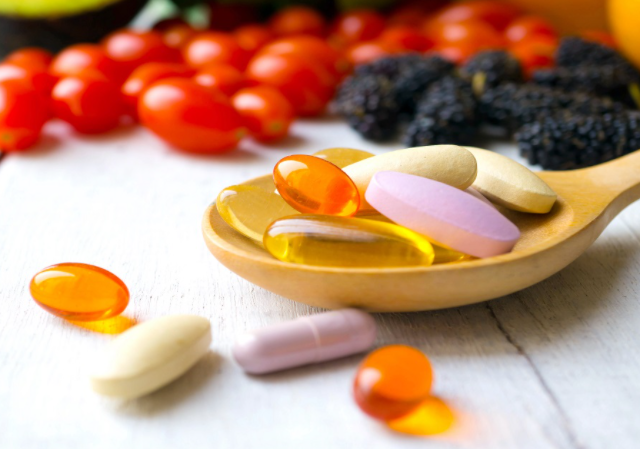Usually we get the vitamins and minerals from foods, especially vegetables and fruits are main sources. Food provides the greatest range of nutrients. However, a multivitamin or mineral supplement can be helpful, especially if you lose your appetite or can’t eat a healthy diet. We get most of vitamins from food but vitamins like folate is not obtained easily from the foods we eat, so we need to depend multivitamins.
Maintaining required quantity of vitamins and minerals is important especially if you have hepatitis type diseases. But before you take any multivitamins you should talk to a doctor or dietitian. You can take the supplements as per the recommendation of dietitian, because some supplements in high amounts can be dangerous, particularly fat-soluble vitamins, such as A, D, E, and K.
Here are some special concerns:
Iron and Vitamin C
Some people with hepatitis C, particularly those with cirrhosis, have above-average levels of iron in their body. Too much iron can damage organs. If these people take multivitamin/mineral pills, they should take the ones without iron. These pills usually are marketed as formulas for men or adults over 50. These people also should avoid taking large doses of vitamin C because vitamin C helps the body absorb iron.
You do not want to take iron supplements if you have hepatitis C, unless you are specifically told to take iron by your provider.
Vitamin A
Vitamin A, if taken in doses larger than the recommended 10,000 IU, can harm the liver. Vitamin A is even more toxic in someone who drinks alcohol.
You won’t get too much vitamin A from food, but be careful taking routine dietary supplements with high doses. There’s a non-toxic form of vitamin A, present in many fruits and vegetables, called beta-carotene. If you take vitamin A supplements, look for those with beta-carotene
Vitamin D
Vitamin D is important for health in normal amounts (such as diets with plenty of milk). The body also can make vitamin D when exposed to sunlight. Taking supplements of 800 IU of vitamin D daily may help people with poor diets or long winter seasons, or those who are housebound.
Vitamin E
Vitamin E supplements do not have benefits, though it used to be believed that Vitamin E prevented heart disease. High doses (greater than 400 IU/day) can have be dangerous.
Vitamin K
Vitamin K is mostly found in green vegetables and it is involved in blood clotting. It also is produced by bacteria in the intestines. Vitamin K supplements generally are not taken, nor are they recommended.





